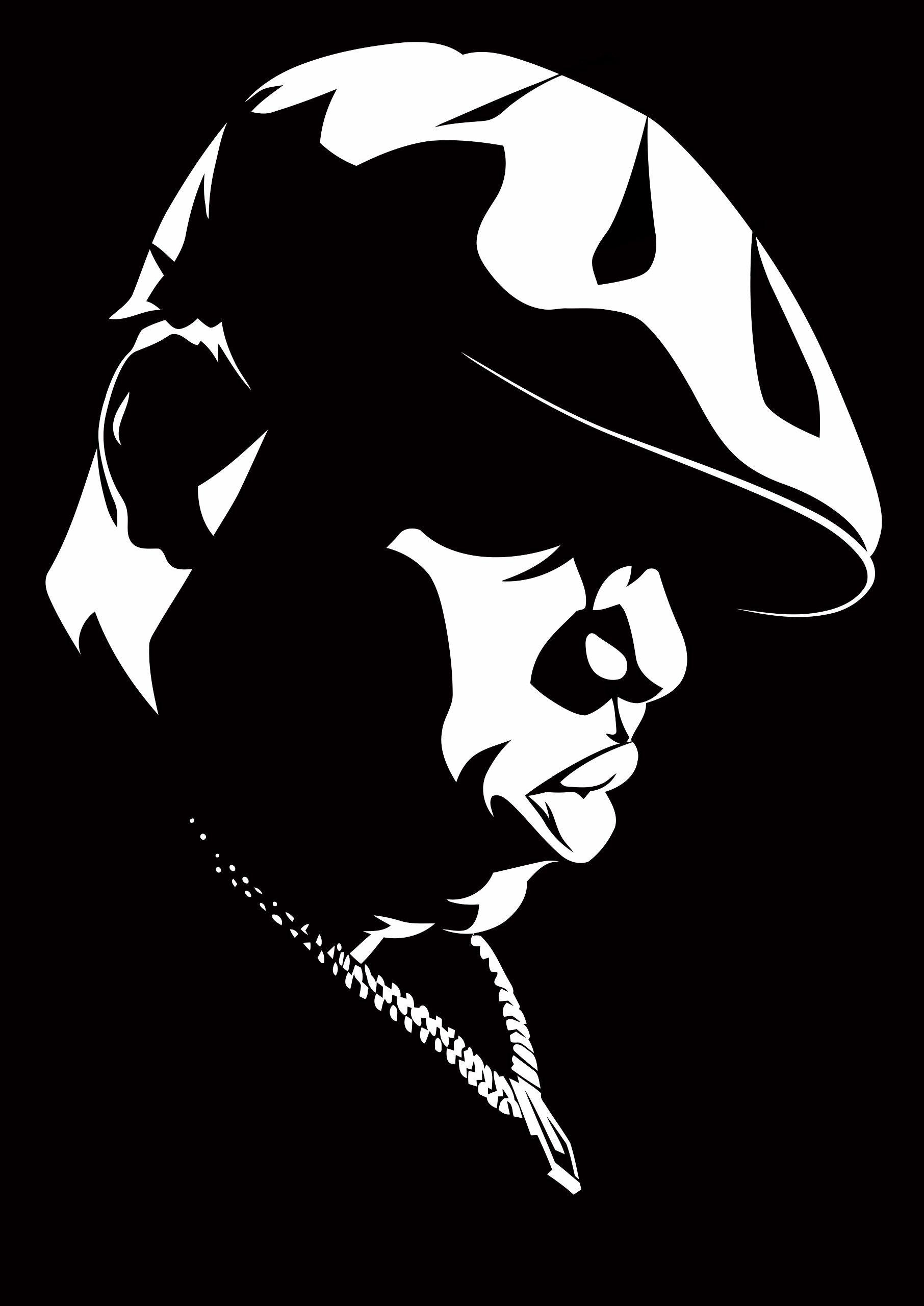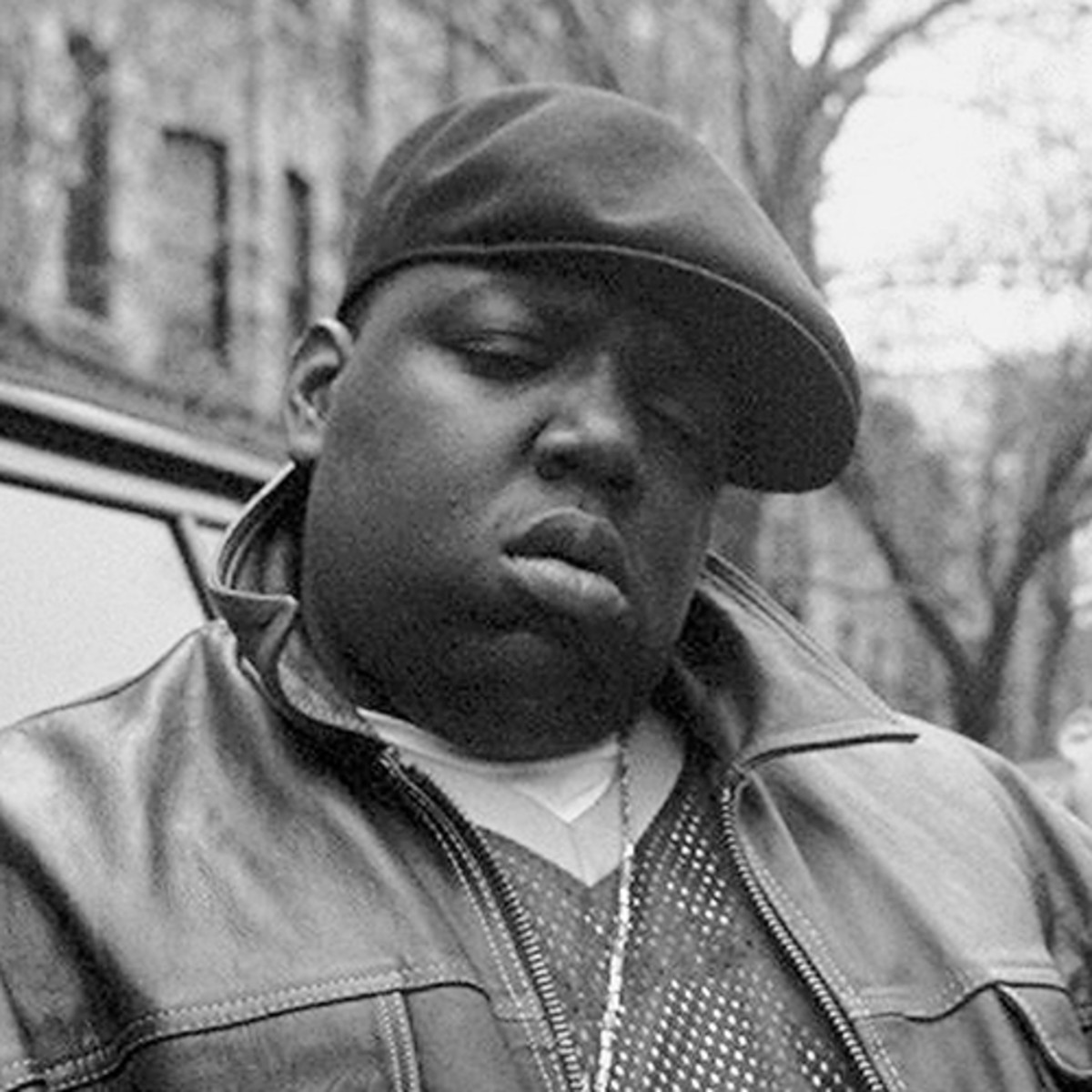Biggie Smalls, born Christopher George Latore Wallace, remains one of the most iconic figures in the world of hip-hop music. His life, music, and untimely death continue to captivate audiences worldwide. Emerging from the streets of Brooklyn, Biggie's unique style and storytelling prowess redefined rap music. His deep baritone voice, clever wordplay, and vivid narratives about life in the inner city created a lasting impact that resonates with fans even today.
Despite his relatively short career, Biggie Smalls achieved monumental success and left an indelible mark on the music industry. His debut album, "Ready to Die," became a classic, showcasing his ability to blend raw authenticity with commercial appeal. Tracks like "Juicy" and "Big Poppa" not only topped charts but also offered listeners a glimpse into his struggles and triumphs. As we delve deeper into the life and legacy of this legendary artist, it becomes evident why Biggie remains a timeless figure in music history.
Biggie Smalls continues to inspire new generations of artists and fans alike. His music speaks to universal themes of resilience, ambition, and self-discovery, making it relatable across diverse cultures and demographics. Through his artistry, he bridged the gap between street credibility and mainstream success, proving that authenticity can resonate globally. This article explores his life, achievements, and enduring influence, providing insights into what made Biggie Smalls an unparalleled talent.
Read also:Exploring The Allure Of S Lynbrook A Comprehensive Guide
Who Was Biggie Smalls?
The man behind the moniker "Biggie Smalls" was far more than just a rapper; he was a storyteller, a cultural icon, and a symbol of hope for many who grew up in similar circumstances. Born on May 21, 1972, in Brooklyn, New York, Christopher Wallace's journey from the streets to stardom is nothing short of extraordinary. Known for his charismatic personality and unmatched lyrical skills, Biggie quickly rose to prominence during the mid-1990s, a period often referred to as the golden age of hip-hop.
His early life was marked by challenges typical of urban environments—poverty, crime, and the allure of the drug trade. However, Biggie's passion for music became his escape and eventually his destiny. He honed his craft by freestyling and writing rhymes, which eventually caught the attention of record producers. His unique flow, characterized by its laid-back delivery and intricate rhymes, set him apart from his contemporaries and paved the way for his meteoric rise in the music industry.
Biography of Biggie Smalls
| Full Name | Christopher George Latore Wallace |
|---|---|
| Born | May 21, 1972, Brooklyn, New York |
| Occupation | Rapper, Songwriter, Actor |
| Years Active | 1991–1997 |
| Genre | Hip-hop, East Coast rap |
| Labels | Bad Boy, Arista |
| Associated Acts | The Notorious B.I.G., Lil Kim, Puff Daddy |
| Spouse | Faith Evans |
| Children | Tya Smith |
| Death | March 9, 1997, Los Angeles, California |
Biggie Smalls' biography is a testament to his perseverance and talent. Growing up in the Bedford-Stuyvesant neighborhood of Brooklyn, he faced numerous obstacles but remained determined to make a name for himself. His early exposure to music, influenced by artists like Kool G Rap and Rakim, fueled his ambition to create something extraordinary. By the time he was in his early twenties, Biggie had already begun making waves in the underground rap scene, setting the stage for his eventual breakout success.
What Made Biggie Smalls Unique?
Among the many rappers who emerged during the 1990s, Biggie Smalls stood out for several reasons. His ability to craft vivid narratives through his lyrics was unparalleled. Whether he was rapping about the harsh realities of street life or celebrating the joys of success, Biggie brought authenticity and depth to his music. His signature style—combining witty wordplay with smooth, melodic beats—captured the hearts of fans worldwide.
Another defining feature of Biggie's artistry was his versatility. He could seamlessly transition from hardcore rap to more introspective and personal tracks, showcasing his range as an artist. This adaptability allowed him to connect with a wide audience and remain relevant in a rapidly evolving music landscape. Additionally, his collaborations with other prominent artists, such as Puff Daddy and Lil Kim, further solidified his place in the hip-hop pantheon.
Why Is Biggie Smalls Still Relevant Today?
Even decades after his passing, Biggie Smalls continues to be celebrated for his contributions to music and culture. His music remains relevant because it addresses universal themes that resonate with listeners of all ages. Songs like "Juicy" and "Hypnotize" are not just catchy tunes but also powerful narratives that offer insight into the human experience. Biggie's ability to convey complex emotions and experiences through his lyrics ensures that his music will continue to inspire future generations.
Read also:Unpacking The Politics Who Was Lawrence Odonnells Guest Last Night
Moreover, Biggie's legacy extends beyond music. He has become a symbol of resilience and ambition, encouraging aspiring artists to pursue their dreams despite the odds. His influence can be seen in the work of countless rappers who have followed in his footsteps, drawing inspiration from his innovative approach to storytelling and his commitment to authenticity.
How Did Biggie Smalls Revolutionize Hip-Hop?
Biggie Smalls' impact on hip-hop cannot be overstated. He introduced a new style of rap that combined gritty realism with commercial appeal, appealing to both hardcore fans and casual listeners. His debut album, "Ready to Die," is often cited as one of the greatest rap albums of all time, thanks to its innovative production and heartfelt lyrics. Tracks like "Gimme the Loot" and "One More Chance" showcased Biggie's ability to blend aggressive beats with introspective verses, creating a sound that was both familiar and groundbreaking.
One of the key ways Biggie revolutionized hip-hop was by redefining what it meant to be a rapper. Unlike many of his peers, who focused solely on material wealth and street credibility, Biggie also explored themes of vulnerability and self-reflection. This added dimension to his music, making it more relatable and emotionally resonant. His willingness to share personal experiences and struggles helped humanize him in the eyes of his fans, fostering a deeper connection between artist and audience.
What Are Some of Biggie Smalls' Greatest Hits?
Biggie Smalls' discography is filled with timeless classics that continue to be celebrated by fans worldwide. Among his most iconic tracks are:
- "Juicy" - A celebration of success and perseverance, this song remains one of Biggie's most beloved hits.
- "Big Poppa" - Known for its smooth beat and catchy hook, this track became a staple of 1990s hip-hop.
- "Hypnotize" - Featuring a memorable beat and powerful verses, this song won a Grammy posthumously.
- "Mo Money Mo Problems" - A collaboration with Mase and Puff Daddy, this track became a cultural phenomenon.
These songs, along with many others, showcase Biggie's versatility and lyrical prowess. They also highlight his ability to create music that appeals to a wide range of listeners, transcending generational and cultural boundaries.
What Legacy Did Biggie Smalls Leave Behind?
Biggie Smalls' legacy is one of innovation, authenticity, and inspiration. He not only transformed the sound of hip-hop but also paved the way for future artists to express themselves freely and authentically. His influence can be seen in the work of countless rappers who have followed in his footsteps, drawing inspiration from his unique style and approach to music.
Furthermore, Biggie's legacy extends beyond music. He has become a cultural icon, representing the struggles and triumphs of urban America. His story serves as a reminder that even in the face of adversity, determination and talent can lead to greatness. As new generations discover his music, Biggie's legacy will undoubtedly continue to grow, ensuring that his name lives on for years to come.
What Can We Learn From Biggie Smalls' Life?
Biggie Smalls' life offers valuable lessons about resilience, ambition, and the power of authenticity. Despite facing numerous challenges, he remained committed to his dreams and worked tirelessly to achieve success. His journey from the streets of Brooklyn to the global stage is a testament to the transformative power of hard work and dedication.
Additionally, Biggie's approach to music teaches us the importance of staying true to oneself. By embracing his unique voice and style, he created music that resonated with millions of people around the world. His ability to connect with audiences on a personal level demonstrates the value of authenticity in art and life.
Conclusion: Why Biggie Smalls Will Always Be Remembered
In conclusion, Biggie Smalls' contributions to music and culture have left an indelible mark on the world. His unique style, powerful lyrics, and unwavering authenticity have ensured that his legacy will endure for generations to come. As new fans discover his music and learn about his life, they will undoubtedly be inspired by his story of resilience and triumph. Biggie Smalls will always be remembered as one of the greatest artists of all time, a true pioneer whose influence continues to shape the world of hip-hop and beyond.
Table of Contents
- Who Was Biggie Smalls?
- Biography of Biggie Smalls
- What Made Biggie Smalls Unique?
- Why Is Biggie Smalls Still Relevant Today?
- How Did Biggie Smalls Revolutionize Hip-Hop?
- What Are Some of Biggie Smalls' Greatest Hits?
- What Legacy Did Biggie Smalls Leave Behind?
- What Can We Learn From Biggie Smalls' Life?
- Conclusion: Why Biggie Smalls Will Always Be Remembered
- Table of Contents


